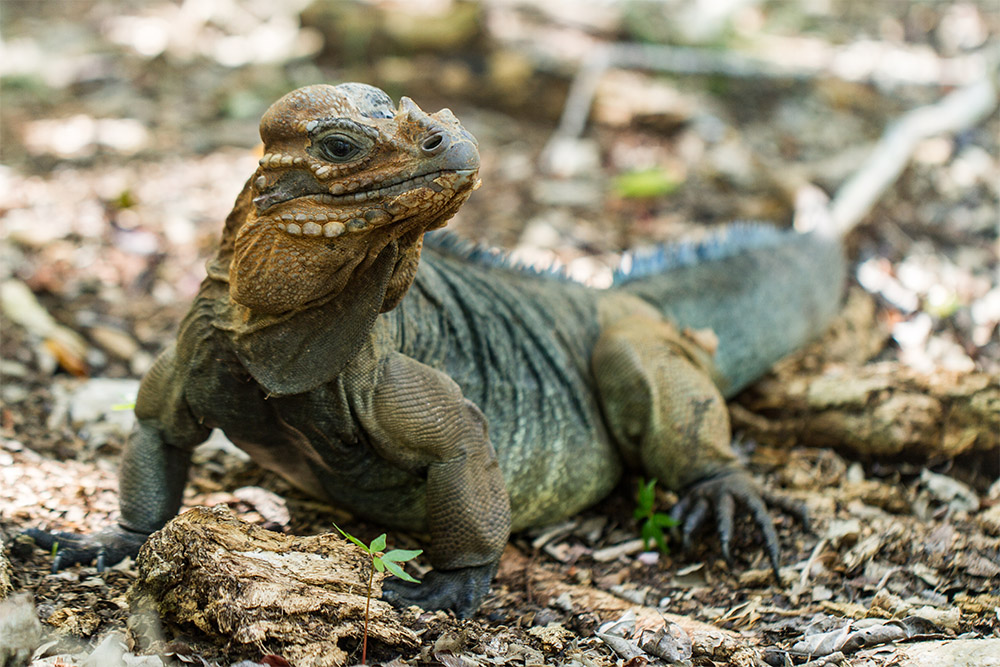December 4, 2024
The Ebiil Society: Champions of Palau
Ann Singeo, founder of our partner organization the Ebiil Society, shares her vision for a thriving Palau and a flourishing world of indigenous science!
We use cookies to help you navigate efficiently and perform certain functions. You will find detailed information about all cookies under each consent category below.
The cookies that are categorized as "Necessary" are stored on your browser as they are essential for enabling the basic functionalities of the site. ...
Necessary cookies are required to enable the basic features of this site, such as providing secure log-in or adjusting your consent preferences. These cookies do not store any personally identifiable data.
Functional cookies help perform certain functionalities like sharing the content of the website on social media platforms, collecting feedback, and other third-party features.
Analytical cookies are used to understand how visitors interact with the website. These cookies help provide information on metrics such as the number of visitors, bounce rate, traffic source, etc.
Performance cookies are used to understand and analyze the key performance indexes of the website which helps in delivering a better user experience for the visitors.
Advertisement cookies are used to provide visitors with customized advertisements based on the pages you visited previously and to analyze the effectiveness of the ad campaigns.
Looking to make an impact this Earth Month? Here’s how.

By: Cielo Figuerola
I’m headed to Mona Island to begin implementation of a project focused on restoring nesting sites for the Endangered and endemic Mona Island Rock Iguana by removing the invasive Australian Pine. This project was developed by the US Fish and Wildlife Service through the Coastal Program, the Department of Natural and Environmental Resources of Puerto Rico (DNER), and Island Conservation, with the support of the local NGO Vida Marina.

Australian pines were introduced to Mona in the 1930s so their wood could be harvested and used for various purposes, as for example, utility poles. However, transporting the wood off the island was very expensive and logistically challenging. As the years went by, profits decreased and markets changed, and the pine plantation was abandoned. Unfortunately, the plantation was established on prime nesting habitat for the Mona Iguana, making nesting very hazardous.
Invasive Australian pines have harmful impacts on Mona’s ecosystem in many ways. Through the release of certain compounds they change the chemistry of the soil, preventing growth of native vegetation, they can cause beach erosion in coastal habitats, and they can decrease plant biodiversity, just to name a few. For iguanas specifically, when pine needles fall and cover the ground and form an almost uniform carpet of invasive plant matter in the understory, the sandy substrate iguanas need to excavate to build their nests disappears. The pine needle carpet prevents them from nesting in these areas. Another problem is the constant shade produced by the pines–iguanas need to build their nests in areas with sun exposure because their eggs need heat to develop. In the shady pine forest this is not possible.
Invasive Australian pines have harmful impacts on Mona’s ecosystem in many ways.
These pine impacts combined with the ongoing invasive vertebrate species impacts (like egg and hatchling predation by feral pigs and cats) put Mona Iguanas at risk, especially during their most vulnerable life stages.

Our main goal with this project is to cut down the pines, remove the pine needle carpet, and then place trail cameras in the restored sites to document iguanas using these newly habitable areas to nest this upcoming nesting season starting in July. We’re hoping that the wood from these trees can be repurposed to repair infrastructure on island. Vida Marina has vast expertise in Australian Pine felling since this is what they do through their coastal restoration efforts in the northern region of Puerto Rico.
We are all very excited for this trip and the possibility to start restoring a habitat through the removal of an invasive plant!
Featured photo: Aerial shot of Mona Island, Puerto Rico. Credit: Tommy Hall/Island Conservation
Versión en Español/Spanish transcript
Check out other journal entries we think you might be interested in.
Notifications